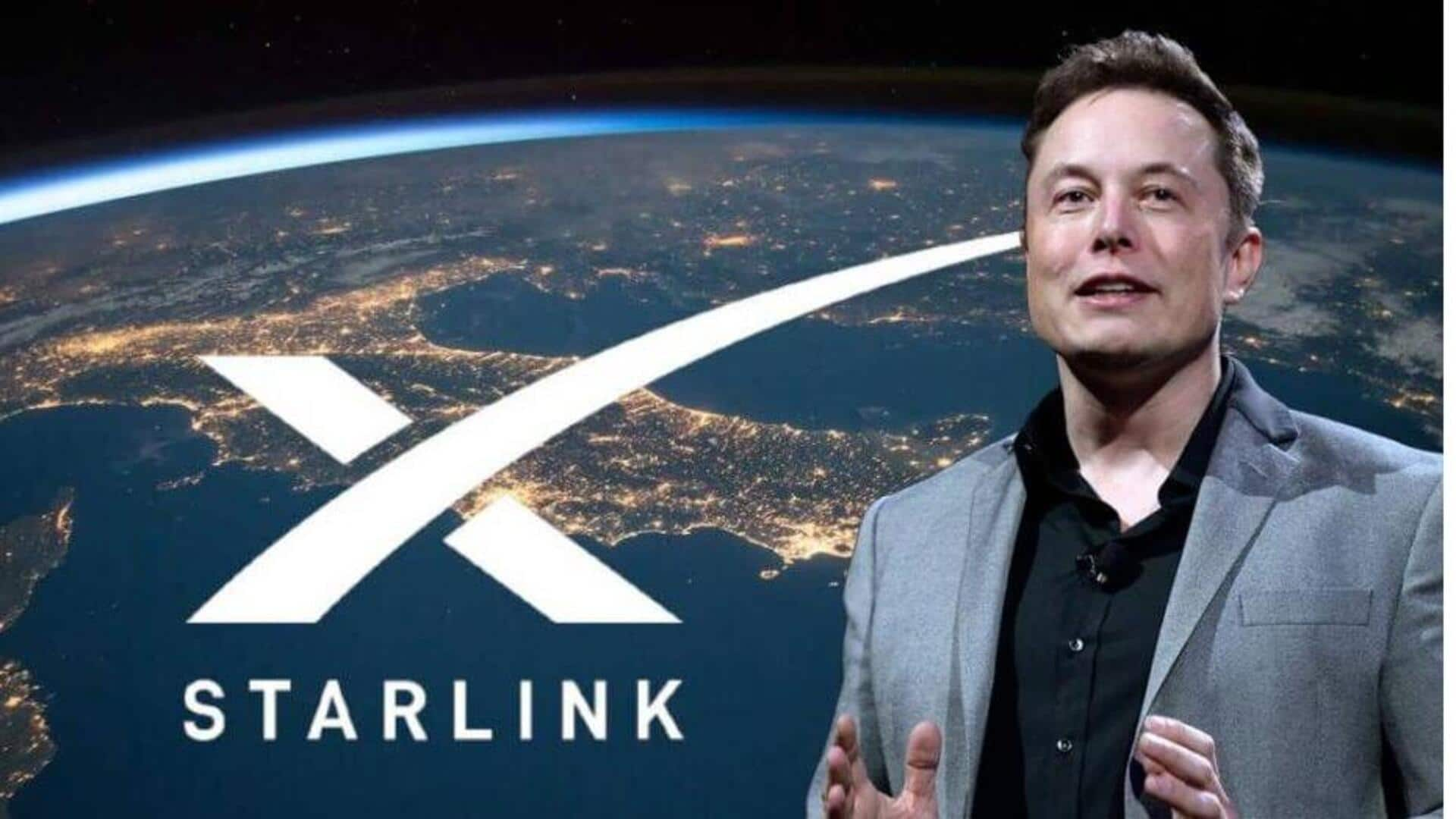
Win for Musk as Modi government to allocate satellite spectrum
What's the story
The Indian government has opted to allocate, not auction, its satellite broadband spectrum.
The move favors Elon Musk's Starlink, over the auction system suggested by Indian billionaires Mukesh Ambani and Sunil Mittal.
The Centre's decision comes as part of a strategy to attract foreign investment, while keeping local telecom interests in mind.
However, existing operators say this could create an uneven competitive landscape.
International alignment
Global trend influences India's spectrum allocation decision
India's Telecom Minister, Jyotiraditya Scindia, has confirmed that the country will also follow the global trend of administratively allocating airwaves for satellite broadband.
However, he clarified the spectrum won't be given away for free.
The pricing of this resource will be overseen by a local regulator to ensure fairness and transparency in its distribution.
Market dynamics
Local operators express concerns over spectrum allocation
Local wireless operators have raised concerns over the government's decision to allocate satellite broadband airwaves at a pre-determined price.
They argue that it creates an uneven playing field, as they had to compete in auctions for their terrestrial wireless phone networks' spectrum.
The decision could potentially allow foreign companies like Starlink to offer voice and data services in India, posing a business threat to established telecom giants such as Reliance Jio and Bharti Airtel.
Auction advocacy
Ambani and Mittal advocate for auction system
The move to allocate spectrum comes after Reliance Jio pushed for an auction system, one that would have made it costlier for Starlink to launch services in India.
In a letter to India's telecom ministry, Jio had called for "a fair and transparent auction system for satellite services" to ensure parity between satellite and terrestrial mobile service providers.
Mittal had also backed auctions, saying satellite broadband providers should secure the spectrum in India just like incumbent telecom operators did.
Awaiting approval
Musk responds to auction demand, awaits government approval
Responding to the auction demand, Musk called it "unprecedented" in an October 14 post on X.
Even as the debate continues, Starlink is still waiting for the Indian government's nod to start operations in India.
The Indian satellite services market is expected to grow 36% annually and touch $1.9 billion by 2030, making it a goldmine for companies like Starlink.